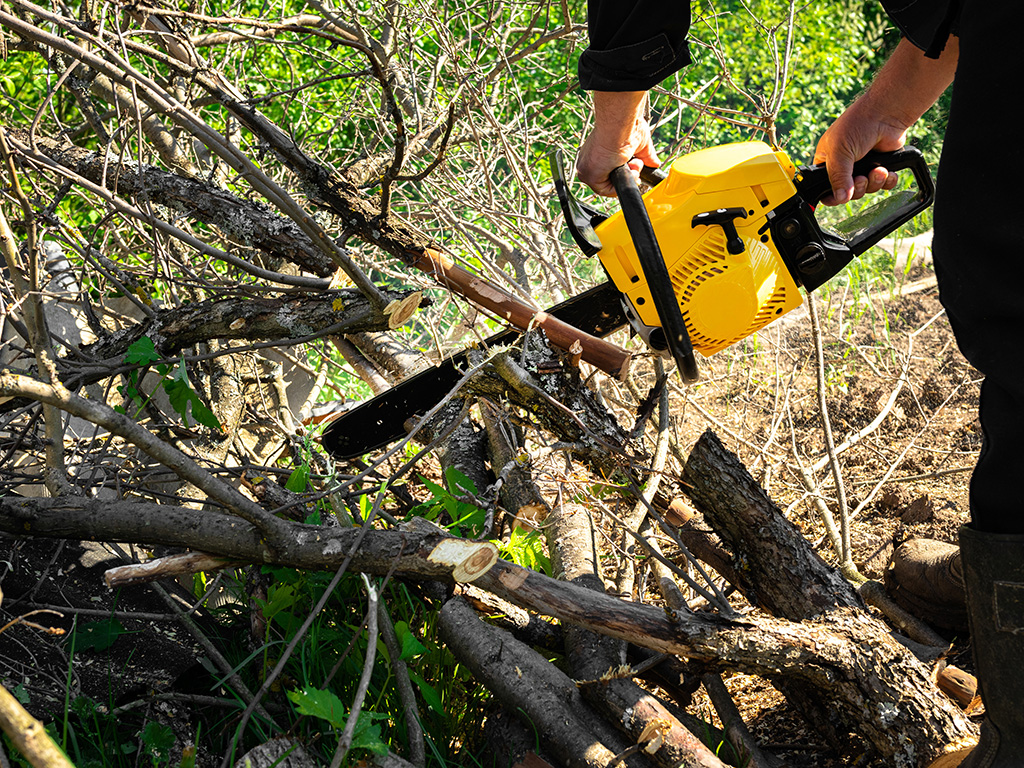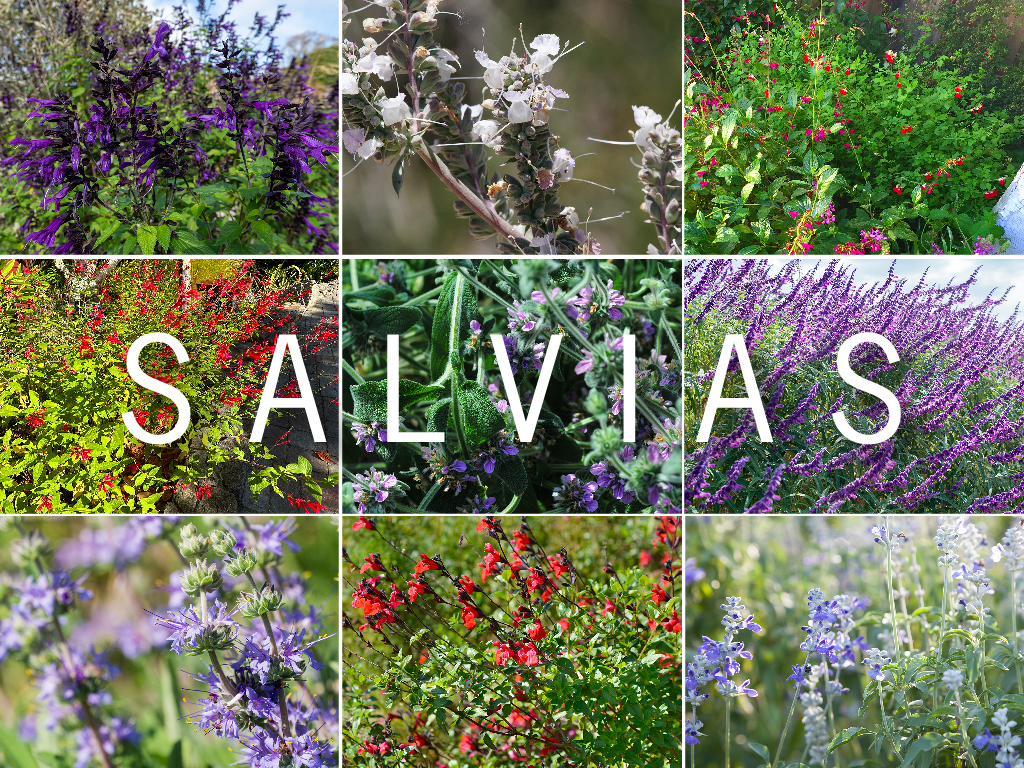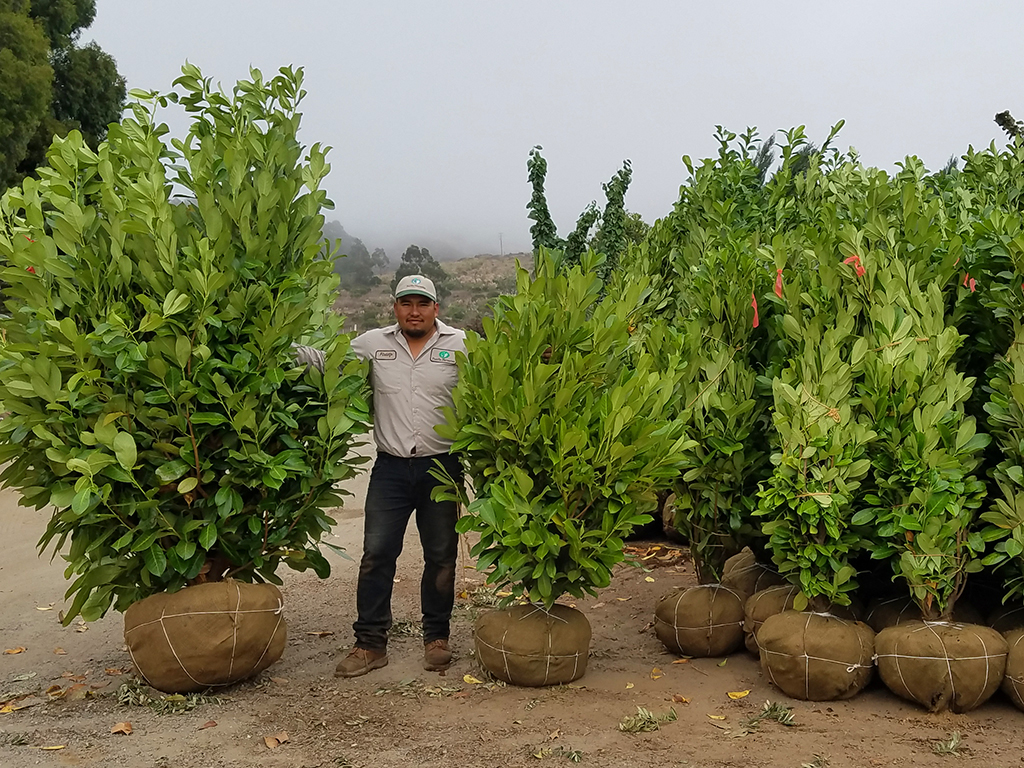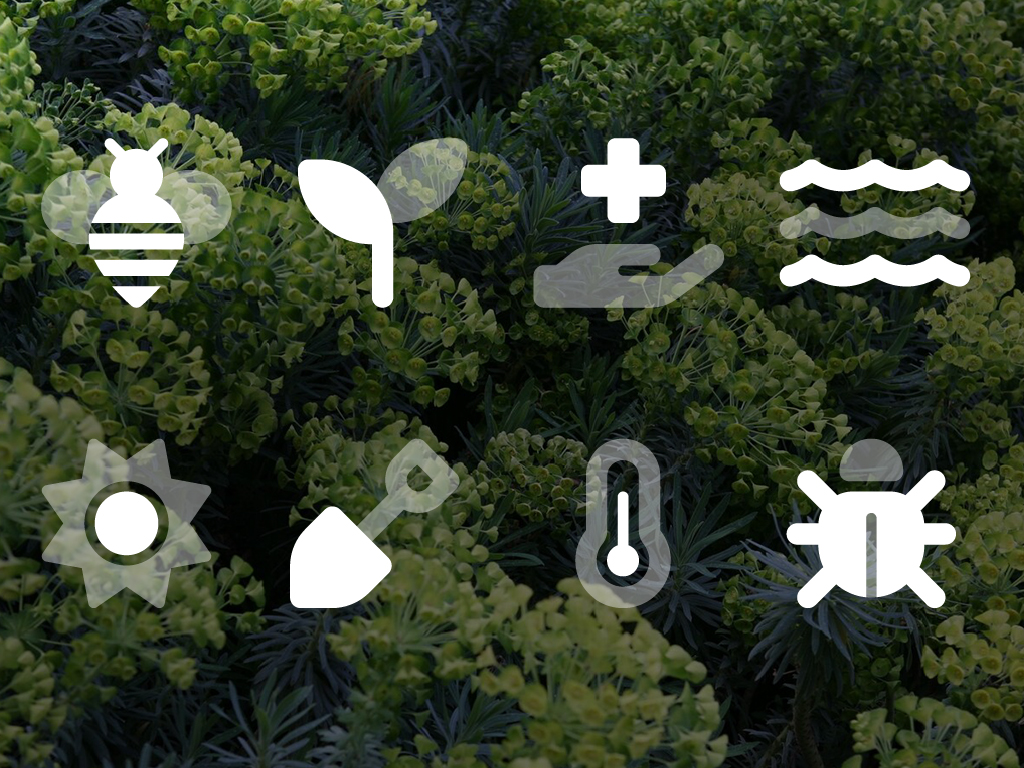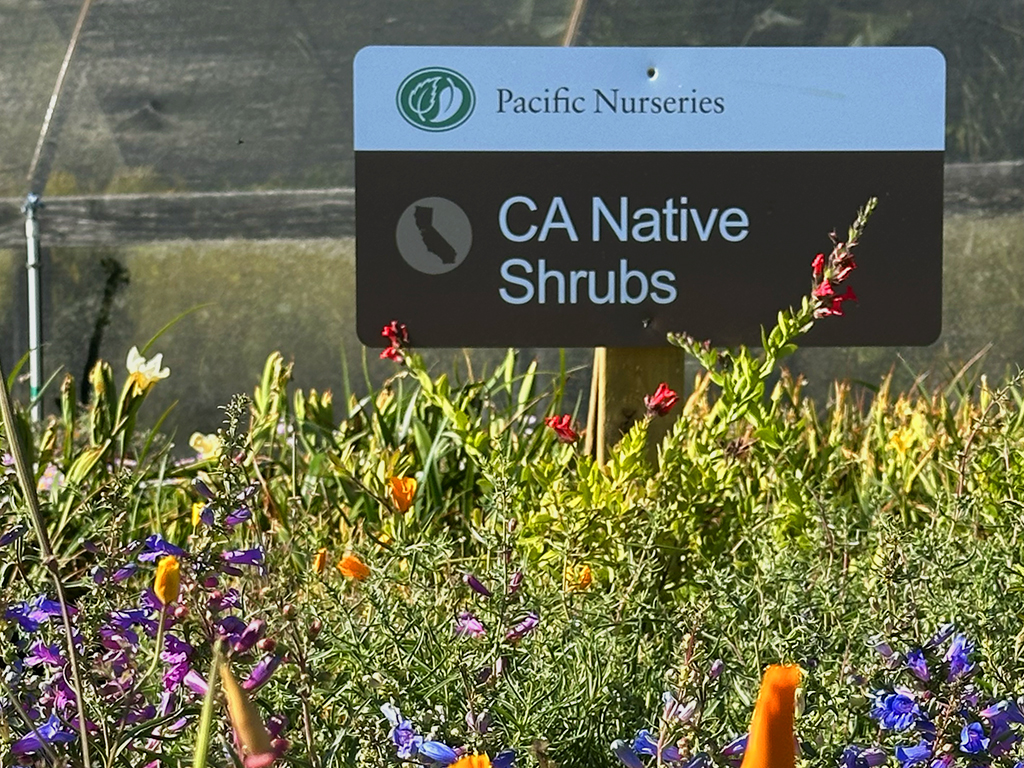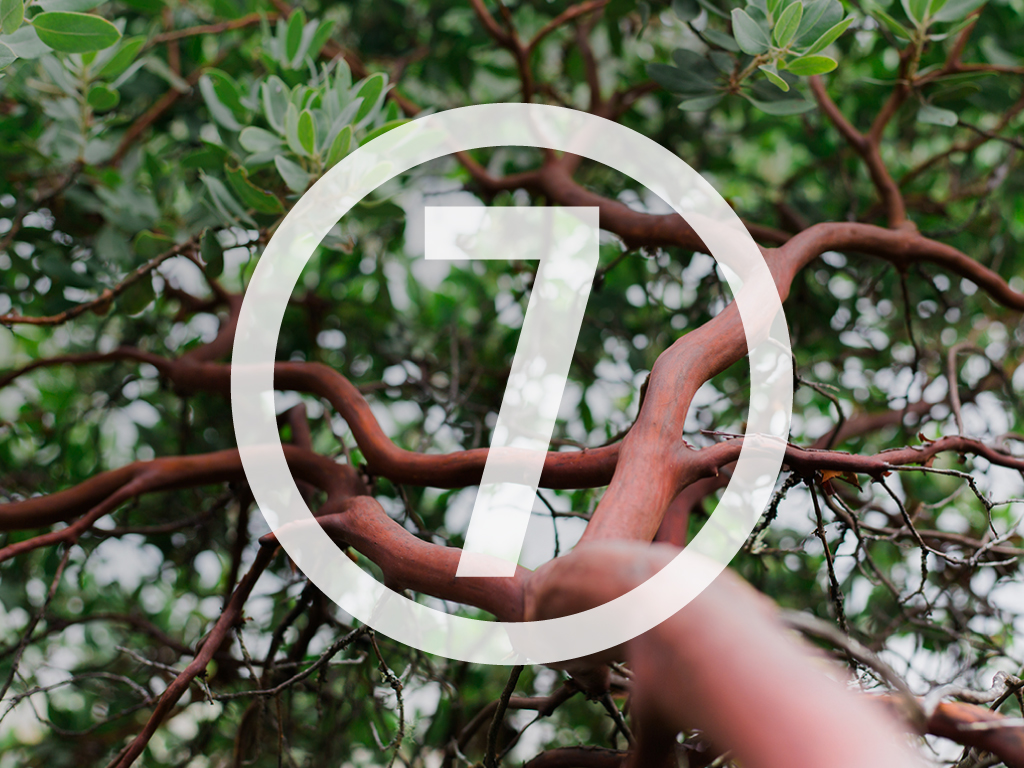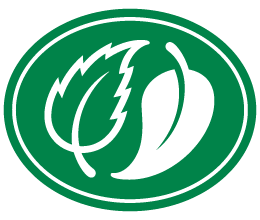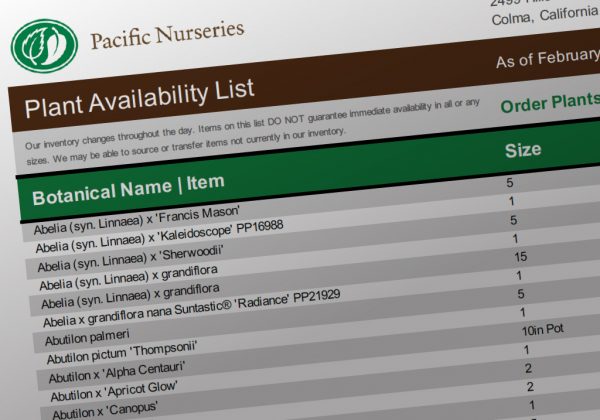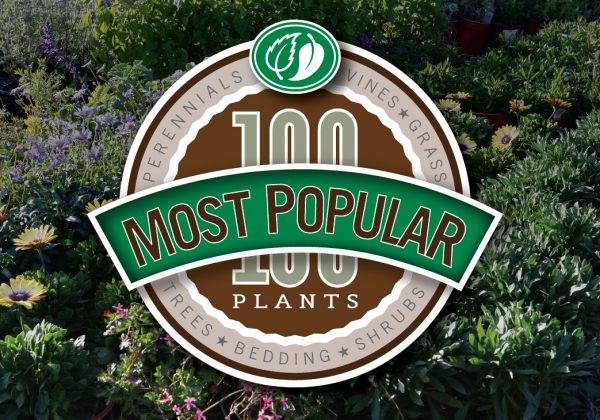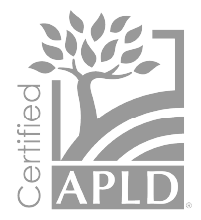We’ve recently turned our wholesale nursery into a more welcoming and supportive environment for essential bee pollinators.
With the recent installation of a large bee Apiary in our Colma Growing Grounds, we are helping to improve the health of all of our plants and trees. This exciting new addition provides consistent plant pollination from an actively-managed, on-site bee community that results in healthier plants for both you and your customers.
Our acres of plants and trees provide bees with a very diverse food source that is ready to pollinate and in need of their unique skills. And because we have so many California native plants in our growing grounds, our nursery offers bee pollinators just what they’re looking for.
With the recent installation of a large bee Apiary in our Colma Growing Grounds, we are helping to improve the health of all of our plants and trees. This exciting new addition provides consistent plant pollination from an actively-managed, on-site bee community that results in healthier plants for both you and your customers.
Our acres of plants and trees provide bees with a very diverse food source that is ready to pollinate and in need of their unique skills. And because we have so many California native plants in our growing grounds, our nursery offers bee pollinators just what they’re looking for.
Our contribution to healthier plants for Bay Area landscapes
This important addition to our facility was the result of a mutually beneficial partnership that blossomed with the bee experts from Alvéole.Alvéole was looking for an ideal, rural place to host a large number of bee hives that could be rotated in and out of the many Bay Area urban locations where they manage bees for their clients.
By adding a large-scale apiary to our facilities, we could both assist Alvéole with their bee habitat needs and make a considered contribution to a healthier, more sustainable Bay Area ecosystem.
We also saw our partnership with Alvéole as an opportunity to help support our community of Landscape Pros and help them succeed with our plants and their clients.
Fostering and providing this important on-site habitat for bees also enables us to:
Improve plant resilience to environmental effects
Enhance soil nutrients
Protect + foster bee pollinators
Measure and improve social + environmental impact
Provide landscape pro educational opportunities
Enable + sustain green certifications
“Pollinators face a growing list of significant risks including increased access to pollinator-friendly plants that they need for food. As a result, we must do all that we can to support them by adding plants that they prefer in landscapes and gardens.”
Laurie Davies Adams | Executive Director, Pollinator Partnership
Laurie Davies Adams | Executive Director, Pollinator Partnership
A daily feast for hungry bees
Known for their ability to fly long distances in search of food, bees would rather avoid long commutes to pollinate plants.And when a variety of diverse plants and trees are nearby, bees reduce the amount of energy and time required to do their essential work. The result is they increase their pollination volume and thereby produce a lot more honey.
The US Department of Agriculture | USDA discloses that habitat loss, disease, parasites, and environmental contaminants have all contributed to the decline of many species of pollinators—including bees.
Bees collect nectar + pollen from flowers to feed their young and store in hives | Pacific Nurseries
Honey bees are some of the hardest working team members at our Colma facility | Pacific Nurseries
The many CA native plants in our nursery are just what bees look for | Pacific Nurseries
On-site monitoring, bee management, and maintenance ensure that our plants are continuously pollinated | Pacific Nurseries
Alvéole’s quality assurance program supports bee health and minimizes risk | Pacific Nurseries
Diversity of plants + trees improves bee health + intake of essential nutrients | Pacific Nurseries
Our Alvéole bee management partners ensure that our bees are well cared for | Pacific Nurseries
Our on-site Apiary supports a growing community of over one million bees | Pacific Nurseries
When plants are nearby for bees, pollination time is reduced + is more effective | Pacific Nurseries
Pollinators that can’t find the right quantity or quality of food—nectar and pollen from blooming plants within flight range—are challenged to survive. And today, the supply of pollinator-friendly plantings has a lot of room for improvement.
According to the experts at Alvéole and the USDA, when bees have a wide variety of plants and trees to choose from, their intake of essential nutrients increases. This diverse food source in our nursery helps not only to sustain bee health but also contributes to the well-being of all of us.
Pacific Horticulture reveals more about this mutually beneficial and symbiotic relationship—where one or both parties rely on the other to survive—in an informative article on the benefits of native bees in our landscapes.
According to the experts at Alvéole and the USDA, when bees have a wide variety of plants and trees to choose from, their intake of essential nutrients increases. This diverse food source in our nursery helps not only to sustain bee health but also contributes to the well-being of all of us.
Pacific Horticulture reveals more about this mutually beneficial and symbiotic relationship—where one or both parties rely on the other to survive—in an informative article on the benefits of native bees in our landscapes.
“The large Apiary at Pacific Nurseries is a thriving resource for both pollinating the plants in the nursery and growing the next generation of bees that will support plant reproduction throughout the Bay Area.”
Dylan McNair | Lead Beekeeper, Alvéole
Dylan McNair | Lead Beekeeper, Alvéole
Lots of buzz throughout Bay Area landscapes
Click through the gallery below to get familiar with some of the many bees that pollinate our plants + trees throughout the San Francisco Bay Area for healthier plants.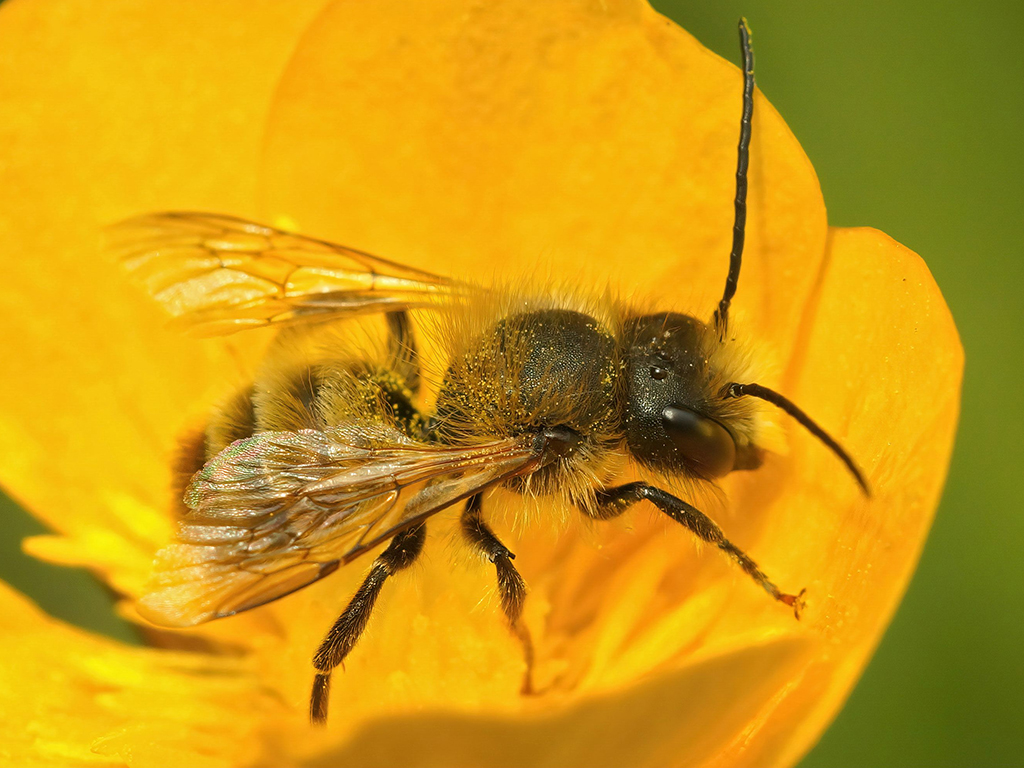
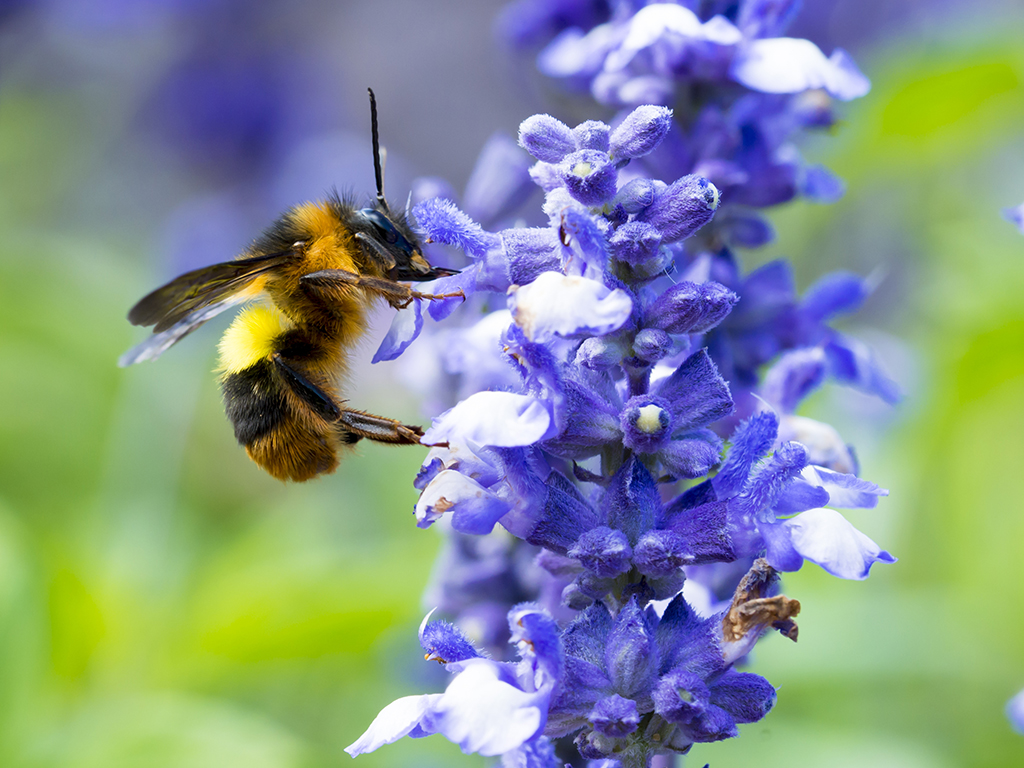
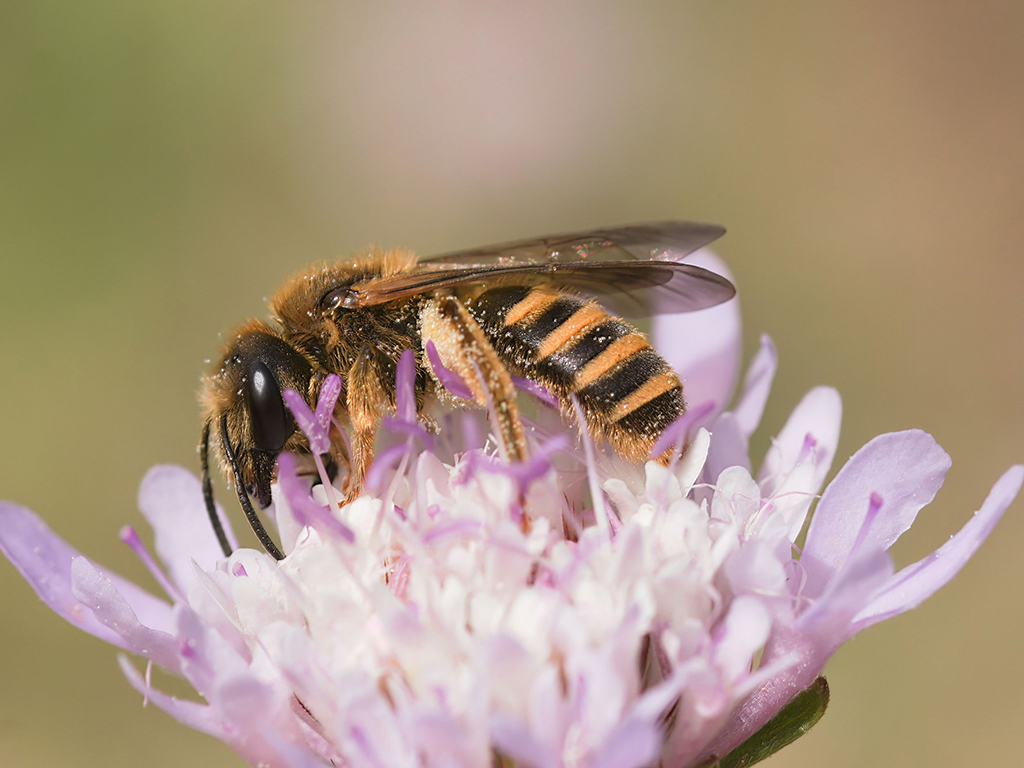
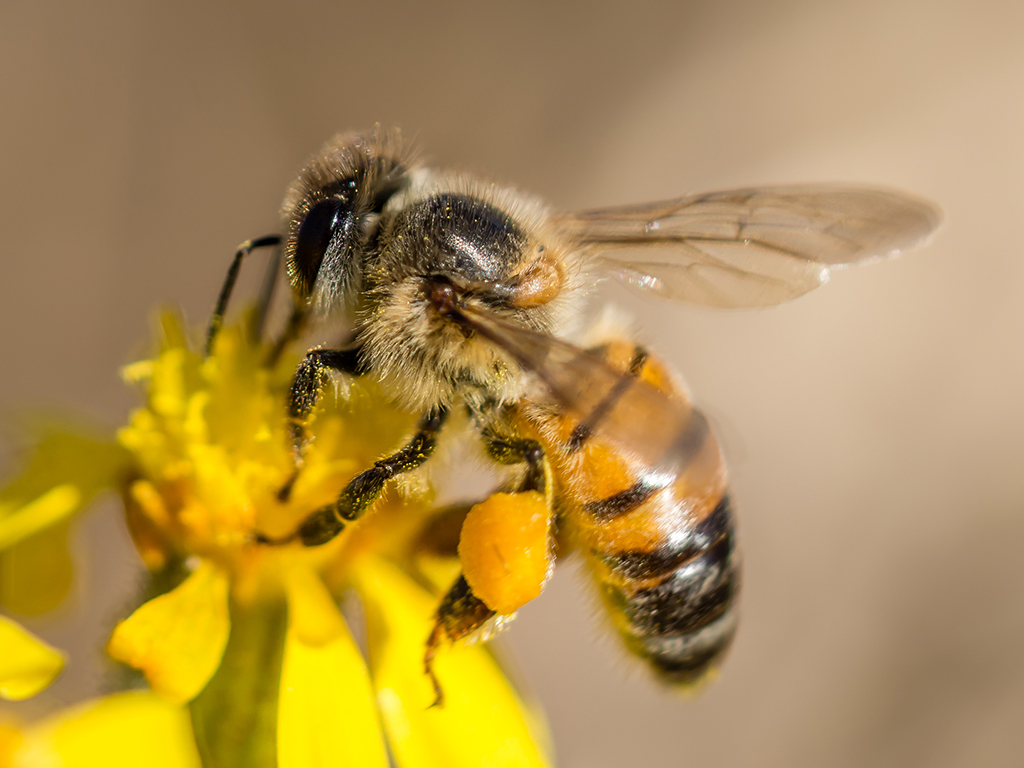
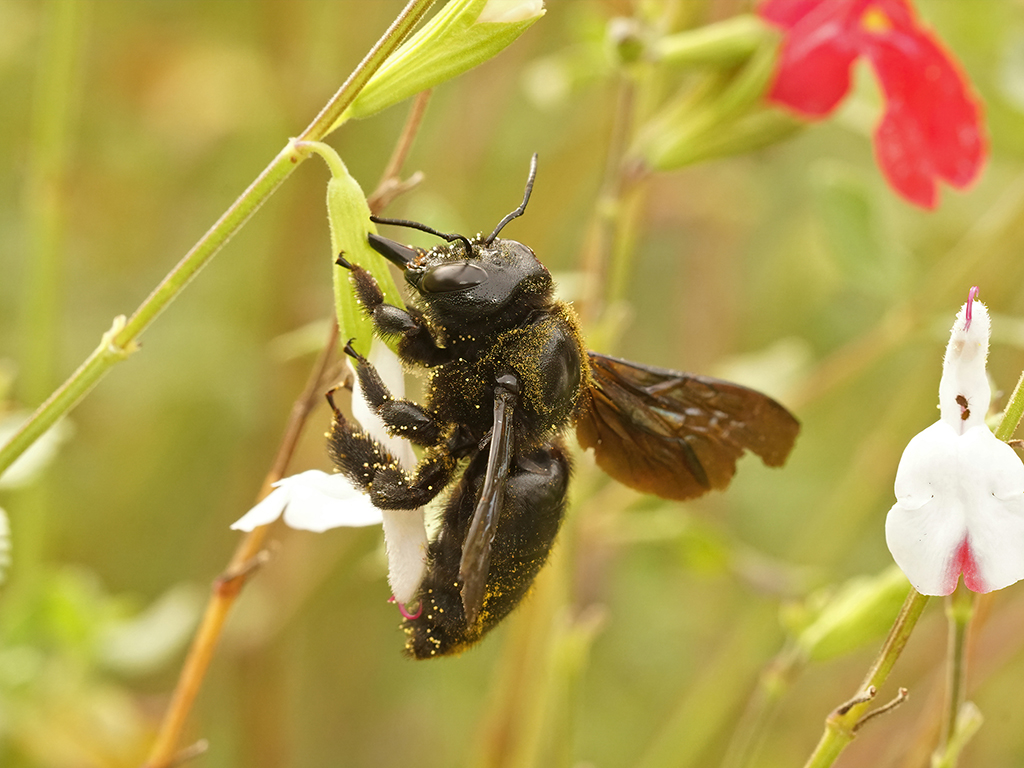


There are many other bee species found in the Bay area including leaf-cutter bees, digger bees, and more.
How pollination enables plant reproduction + sustains life
Bees work happily and tirelessly to pollinate plants, trees, flowers, and food crops—including all of the plants in our nursery.When bees pollinate plants, they transfer pollen from the male parts of the flower to the female parts, allowing the plant to produce seeds and fruit. Bees collect nectar and pollen from flowers, which they use to feed their young and store in their hives through the seasons when flowers are not available.
As they visit flowers, bees inadvertently transfer small amounts of pollen to the soil, which can help to nourish and improve soil quality. This can lead to healthier plants and trees, which are better able to resist disease and pests.
Honey bees live only a few weeks and they work virtually non-stop to visit thousands of flowers to extract nectar. Surprisingly, each bee only produces about a teaspoon of honey for its hive to live on through to the next season.
Without the vital, hard work that bees perform, the plants for your projects would not flower or reproduce. What’s more, many of the natural food systems for sustaining human life would fail.
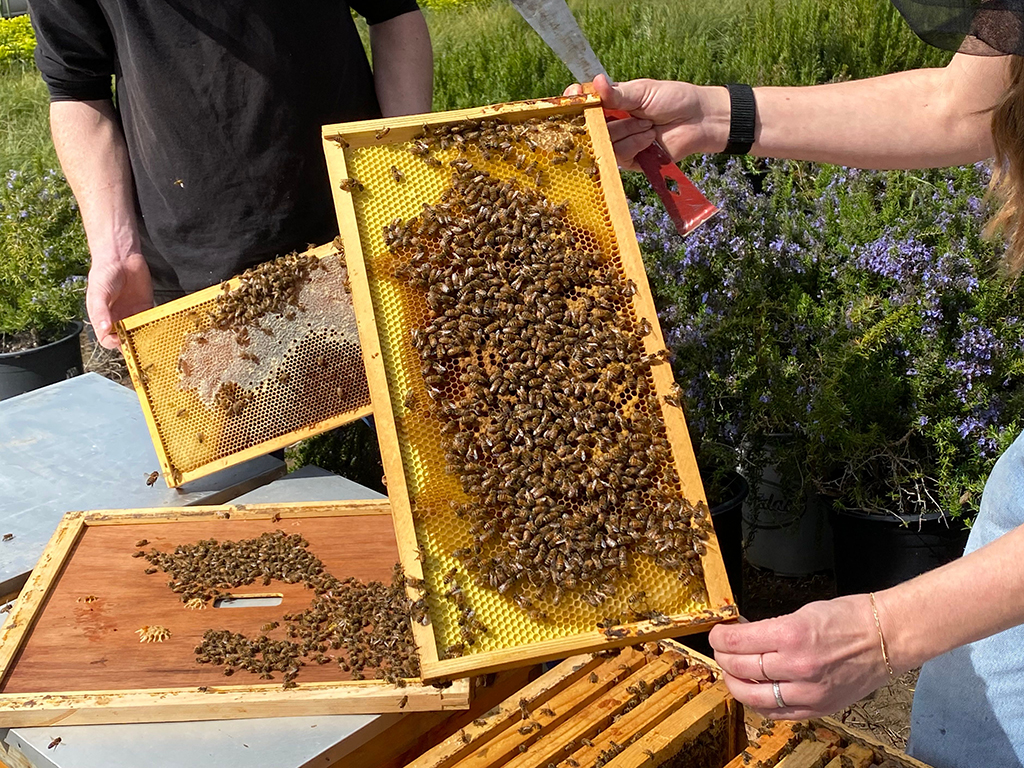
A growing community hard at work on healthier plants
With over 4,000 known bee species in North America, every bee plays a vital role. Some bees exist only in small numbers in tiny regions while others are pervasive over widespread areas.Many bees live solitary or semi-social lives. These bees work hard to build individual, inconspicuous nests for their offspring in hollow plant stems or tunnels underground. These individual contributors rarely interact with other bees during their several-week-long lifespan.
In contrast, the Honey bees in our nursery live and thrive in ever-growing colonies of thousands. In fact, the on-site apiary supports a growing community of over one million bees—each one helping to develop healthier plants.
“The addition of the bee apiary to our growing grounds with our Alvéole partners is one of the most effective and sustainable ways that we can improve the health of all of our plants. And that’s exactly what our Landscape Pro customers are looking for to create beautiful landscapes for their clients.”
Will Baldocchi | Pacific Nurseries
Will Baldocchi | Pacific Nurseries
Why the bees are not interested in stinging you
Unlike the nasty and aggressive Yellow Jackets | Vespula that the University of California identifies as pervasive in our region, Honey bees are vegetarian insects.The Honey bees at Pacific Nurseries do not seek humans or want to sting anyone as a food source. They live and work with a demeanor of “Don’t mess with me, and I won’t mess with you”.
The seasoned beekeepers from Alvéole provide us with regular on-site monitoring, management, maintenance, and assessment of our bees to ensure that our registered hives comply with their quality assurance program. All of this oversight is designed to support bee health and minimize bee + human risk.
Come on over to Colma to check out the bees
As both a grower and a plant broker, we’re ready to work with you to provide just the right consistently pollinated trees, plants, ground covers, native grasses, and shrubs that will make your project a sustainable landscape of success.If you would like to check out the bee apiary in our Colma Growing Grounds, we ask that you are respectful and cautious about not disturbing their daily work. These bees are fascinating insects to observe and become more familiar with as they pollinate the plants in our nursery.
Check-in at the office to get directions to the location of the apiary.
And if you would like to order healthy, pollinated plants online—especially CA natives, just attach your plant list to our convenient online form. We can also provide an Estimate for one item to an entire installation.
To learn more, contact any of our Customer Service experts by clicking on the PHONE icon below their name to call. Or click on the ENVELOPE icon below their name to send an email directly to them.
If that’s all too complicated, just reach out at 650.755.2330.
To learn more, contact any of our Customer Service experts by clicking on the PHONE icon below their name to call. Or click on the ENVELOPE icon below their name to send an email directly to them.
If that’s all too complicated, just reach out at 650.755.2330.
As Co-Founder of Pacific Nurseries, Julie Baldocchi focuses on sharpening Pacific Nurseries’ marketing strategy and website to help Pacific Nurseries deliver more value to Bay Area landscape professionals. To connect with Julie online, just send her an email.







